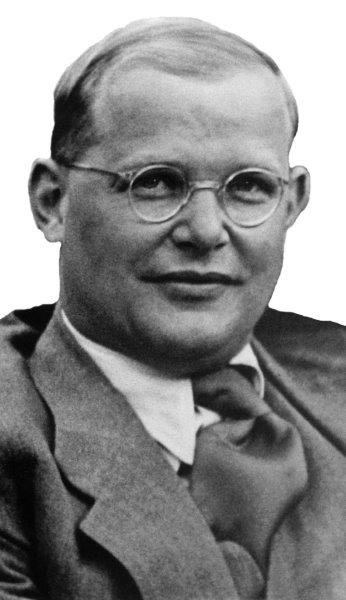
‘Who am I?’ The issue of identity is a vexing one, complex and simple at the same time. Over the last century and a half, psychologists have grappled with the notion of identity and human behaviour, previously the domain of philosophers and theologians. The Psychoanalytic approach suggested that who we are is determined by unconscious conflicts that exist within us, most of which we are not even aware. Behaviourists reject this approach, focussing only on human behaviour that can be observed. ‘Who we are’ is explained by what we have learnt.
Behaviours continue if rewarded but decrease if punished. The Cognitive approach says that how we think about the world and ourselves determines who we are. Errors in cognition (thinking) are to blame for many of the troubles we face. The Humanistic approach has an overwhelmingly positive view of human beings, suggesting that by and large, all things being equal, we will strive for self-actualisation, to better ourselves and will search for meaning in our lives. I have struggled to find among these psychological theories a satisfactory answer to the question
‘Who am I?’, so I turn to the Zulu proverb ‘Umuntu ngumuntu ngabantu’, which translates ‘a person is a person because of people’. Through our daily, often mundane actions, interacting with the people around us, we construct a sense of self. ‘Who I am’ is the result of a process of engaging and connecting with people in communities that I belong to.
Dietrich Bonhoeffer’s poem, ‘Who am I?’, written while incarcerated and shortly before his execution in Nazi Germany, captures the complexity of our identity beautifully.
Who am I?
They often tell me I stepped from my cell’s confinement
calmly, cheerfully, firmly,
like a squire from his country house.
Who am I?
They often tell me I used to speak to my warders
freely and friendly and clearly,
as though it were mine to command.
Who am I?
They also tell me I bore the days of misfortune
equably, smilingly, proudly, like one accustomed to win.
Am I then really that which other men tell of?
Or am I only what I myself know of myself?
Restless and longing and sick, like a bird in a cage,
struggling for breath, as though hands were compressing my throat,
yearning for colours, for flowers, for the voices of birds,
thirsting for words of kindness, for neighbourliness,
tossing in expectations of great events,
powerlessly trembling for friends at an infinite distance,
weary and empty at praying, at thinking, at making,
faint, and ready to say farewell to it all.
Who am I?
This or the Other?
Am I one person today and tomorrow another?
Am I both at once? A hypocrite before others,
and before myself a contemptible woebegone weakling?
Or is something within me still like a beaten army
fleeing in disorder from victory already achieved?
Who am I?
They mock me, these lonely questions of mine.
Whoever I am, Thou knowest, 0 God, I am thine!
These uncertainties, contradictions, insecurities, all too familiar to
many of us, are the source of the discovery of who we are.
Rev Gary van Heerden, chaplain at Presbyterian Ladies’ College.